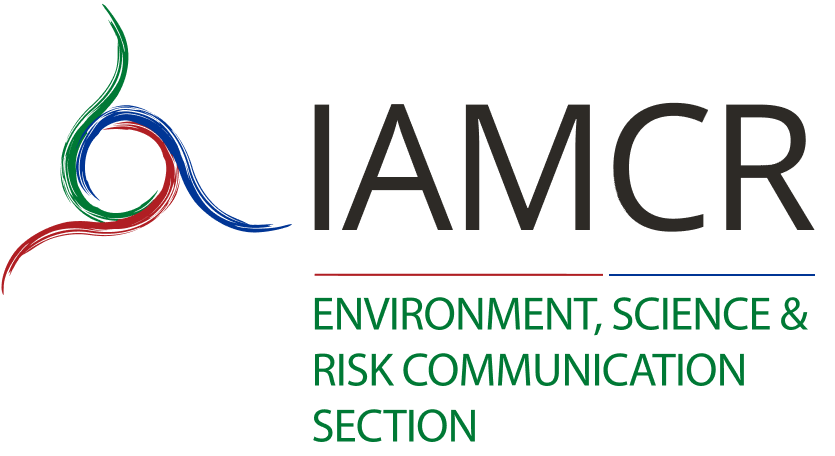 The objective of this Section is to provide a forum at IAMCR conferences and beyond for scholars researching in the field of environmental, science and risk communication to present and discuss their research. A second objective is to provide a focal point - through the visibility afforded via IAMCR for contact and networking among scholars interested in this sub-field of media and communication research.
The objective of this Section is to provide a forum at IAMCR conferences and beyond for scholars researching in the field of environmental, science and risk communication to present and discuss their research. A second objective is to provide a focal point - through the visibility afforded via IAMCR for contact and networking among scholars interested in this sub-field of media and communication research.
Co-chair: Kerrie Foxwell-Norton (Griffith University, Australia) [contact]
Co-chair: Maitreyee Mishra (Manipal Institute of Communication, MAHE, India & Universität Heidelberg, Germany) [contact]
Vice-chair: Joana Díaz-Pont (Autonomous university of Barcelona, Political Science and Public Law, Spain) [contact]
Vice-chair: Pieter Maeseele (University of Antwerp, Belgium) [contact]
As environmental challenges, notably climate change and its impacts, rise exponentially in all parts of the world, communication becomes ever more critical to developing our responses to realised and impending crises. From local communities to the global network of communication and media that crisscross the globe, communication about our local places and environments is pervasive. The Environment, Science and Risk Communication section of the IAMCR held its first session in 1988 and has since focused its attention on interdisciplinary and multi-methodological approaches to environmental and science communication, such as political ecology; social and deep ecology; feminist theory; public sphere; political theory; political economy; cultural studies; geography, science, and technology studies; history; literary studies; film studies and many others.
Deeply international in nature, we explore the role of media and other stakeholders in reporting and communicating about a plethora of environmental issues that include climate change, energy-related conflicts, conservation, and others. Examples of topic areas include: environmental and science communication, activism and journalism; social and political constructions of Nature; corporate social responsibility and sustainability reporting; spin and news management of environmental conflict and scientific controversies; public understanding, participation and engagement with science and the environment; risk and disaster communication; Indigenous perspectives on Nature and the non-human.
As a Section, we are particularly committed to the inclusion of diverse ontologies and epistemologies that capture the global environmental experiences and the human/nature relations therein. Our section pursues issues of social and environmental justice - in our own conduct and in supporting a global community of researchers who in various ways, seek the same.
See the list of all current members of the Environment, Science & Risk Communication Section.

 The objective of this Section is to provide a forum at IAMCR conferences and beyond for scholars researching in the field of environmental, science and risk communication to present and discuss their research. A second objective is to provide a focal point - through the visibility afforded via IAMCR for contact and networking among scholars interested in this sub-field of media and communication research.
The objective of this Section is to provide a forum at IAMCR conferences and beyond for scholars researching in the field of environmental, science and risk communication to present and discuss their research. A second objective is to provide a focal point - through the visibility afforded via IAMCR for contact and networking among scholars interested in this sub-field of media and communication research.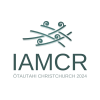




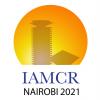





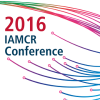
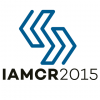
 IAMCR Hyderabad 2014
IAMCR Hyderabad 2014 The Environment, Science and Risk Communication Working Group invites submissions of abstracts for papers for the 2013
The Environment, Science and Risk Communication Working Group invites submissions of abstracts for papers for the 2013  The Environment, Science and Risk Communication Working Group invites submissions of abstracts for papers for the 2012 IAMCR conference to be held from July 15-19, 2012 at the Howard College Campus of the University of KwaZulu Natal (UKZN) in Durban, South Africa. The deadline for submissions is February 14, 2012.
The Environment, Science and Risk Communication Working Group invites submissions of abstracts for papers for the 2012 IAMCR conference to be held from July 15-19, 2012 at the Howard College Campus of the University of KwaZulu Natal (UKZN) in Durban, South Africa. The deadline for submissions is February 14, 2012. The Environment, Science and Risk Communication Working Group invites proposals for papers to be presented at the 2011 International Association for Media and Communication Research (IAMCR) Conference in Istanbul, Turkey, 13-17 July 2011.
The Environment, Science and Risk Communication Working Group invites proposals for papers to be presented at the 2011 International Association for Media and Communication Research (IAMCR) Conference in Istanbul, Turkey, 13-17 July 2011. The Environment, Science and Risk Communication Working Group invites proposals for papers to be presented at the 2010 International Association for Media and Communication Research (IAMCR) Conference in Braga, Portugal, July 18-22, 2010.
The Environment, Science and Risk Communication Working Group invites proposals for papers to be presented at the 2010 International Association for Media and Communication Research (IAMCR) Conference in Braga, Portugal, July 18-22, 2010. The Environment, Science and Risk Communication Working Group invites proposals for papers to be presented at the 2009 International Association for Media and Communication Research (IAMCR) Conference in Mexico City, Mexico, July 21-24, 2009.
The Environment, Science and Risk Communication Working Group invites proposals for papers to be presented at the 2009 International Association for Media and Communication Research (IAMCR) Conference in Mexico City, Mexico, July 21-24, 2009. EXTENDED DEADLINE: 15 FEBRUARY 2008!
EXTENDED DEADLINE: 15 FEBRUARY 2008! The Environmental Issues, Science and Risk Communication Working Group invites proposals for papers to be presented at the 2007 IAMCR Conference in Paris (23-25 July).
The Environmental Issues, Science and Risk Communication Working Group invites proposals for papers to be presented at the 2007 IAMCR Conference in Paris (23-25 July).